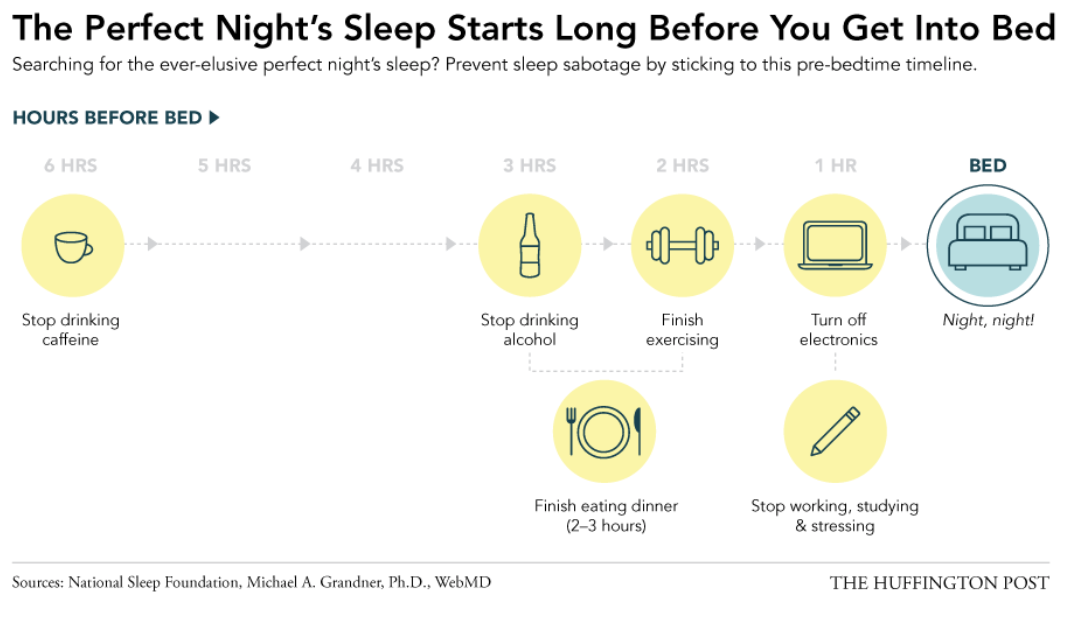Prioritizing Sleep
Laurie King
Do you get the recommended seven to nine hours of sleep during the week? Are you laughing? It is no laughing matter. According to the National Sleep Foundation, only 27% of us get enough sleep and only 10% of us actually prioritize sleep (Morgan 2018). You have probably tried to get by without much sleep and have seen that it compromises productivity and health. The results of sleep deprivation are grim. Christopher Barnes and Christopher Drake (2015) compiled the research and view our national sleep crisis as a public health crisis:
Sleep-deprived people are less effective in making decisions (Killgore, Balkin, & Wesensten, 2006) and are less creative (Harrison & Horne, 1999). Sleep-deprived individuals suffer negative moods (Dinges et al., 1997) and are more likely to experience distress (Glozier et al., 2010). Sleep-deprived employees are low in work engagement (Lanaj, Johnson, & Barnes, 2014), high in unethical behavior (Barnes, Schaubroeck, Huth, & Ghumman, 2011), and low in performance (Drake et al., 2001). Sleep-deprived people suffer more obesity (Taheri, Lin, Austin, Young, & Mignot, 2004) and are at greater risk for coronary heart disease (Ayas et al., 2003). Sleep-deprived individuals are more likely to be injured (Barnes & Wagner, 2009), involved in motor vehicle crashes (Drake et al., 2010), and die at an early age (Kripke, Garfinkel, Wingard, Lauber, & Marler, 2002).
For Sleep Awareness Week, prioritize sleep as the easiest way to improve your life:
· Determine your ideal bedtime and set an alarm to remind you to turn off electronics and get ready for bed.
· Use the infographic to re-design your evenings. Stop sabotaging your ability to feel tired.
· Plan your sleep around natural 90-minute sleep cycles, aiming for 7 ½ or 9 hours of sleep with an additional 12-14 minutes to fall asleep to maximize your sleep and wake up feeling rested.
· If you think you may have a sleep disorder, make an appointment or contact your wellness program and request an in-home diagnostic test, if not a full sleep study.
Barnes, C., and Drake, C. (2015) “Prioritizing Sleep Health: Public Health Policy Recommendations.” Association for Psychological Science. 10 (6). 733-737.
Klien, S. (2015) “Prioritizing Sleep Helps You Get More Of It.” The Huffington Post.
Morgan, D. (2015) “Arianna Huffington: Better sleep improves every aspect of our lives.” CBS News.

